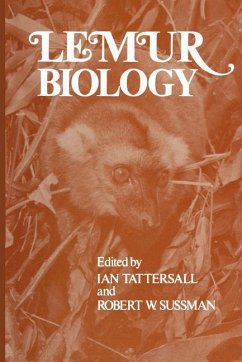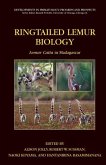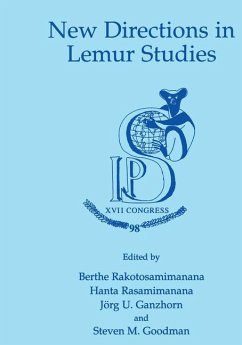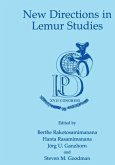The volume of studies on prosimian primates has, until recently, tended to lag well behind that of studies on the higher primates. This is so despite the fact that the considerable intrinsic interest of the living prosimians and the signifi cance of their stuQ,y for our understanding of the earlier stages of primate evolution have long been acknowledged by zoologists, paleontologists, and anthropologists alike. Among the prosimians, the Malagasy lemurs are of profound interest not only because they include the only extant diurnal forms, but also because it is only on Madagascar that the absence of competition with higher primates has allowed a surviving prosimian fauna to radiate, es sentially unrestricted, into a broad spectrum of ecological zones. In contrast, the few extant prosimians of Africa and Asia occupy a relatively narrow range of "refuge" niches; although of considerable interest in themselves, they do not show the richness and variety of adaptation which make the Malagasy prosimian fauna such a fascinating object of study. Over the past few years, however, there has been a considerable resur gence of interest in the prosimians in general, and in the lemurs in particular. The range of studies resulting from this rekindling of interest is wide, compre hending the systematics, evolution, anatomy, behavior, and ecology of these forms. This volume constitutes a progress report on our knowledge of the le murs.
Hinweis: Dieser Artikel kann nur an eine deutsche Lieferadresse ausgeliefert werden.
Hinweis: Dieser Artikel kann nur an eine deutsche Lieferadresse ausgeliefert werden.








